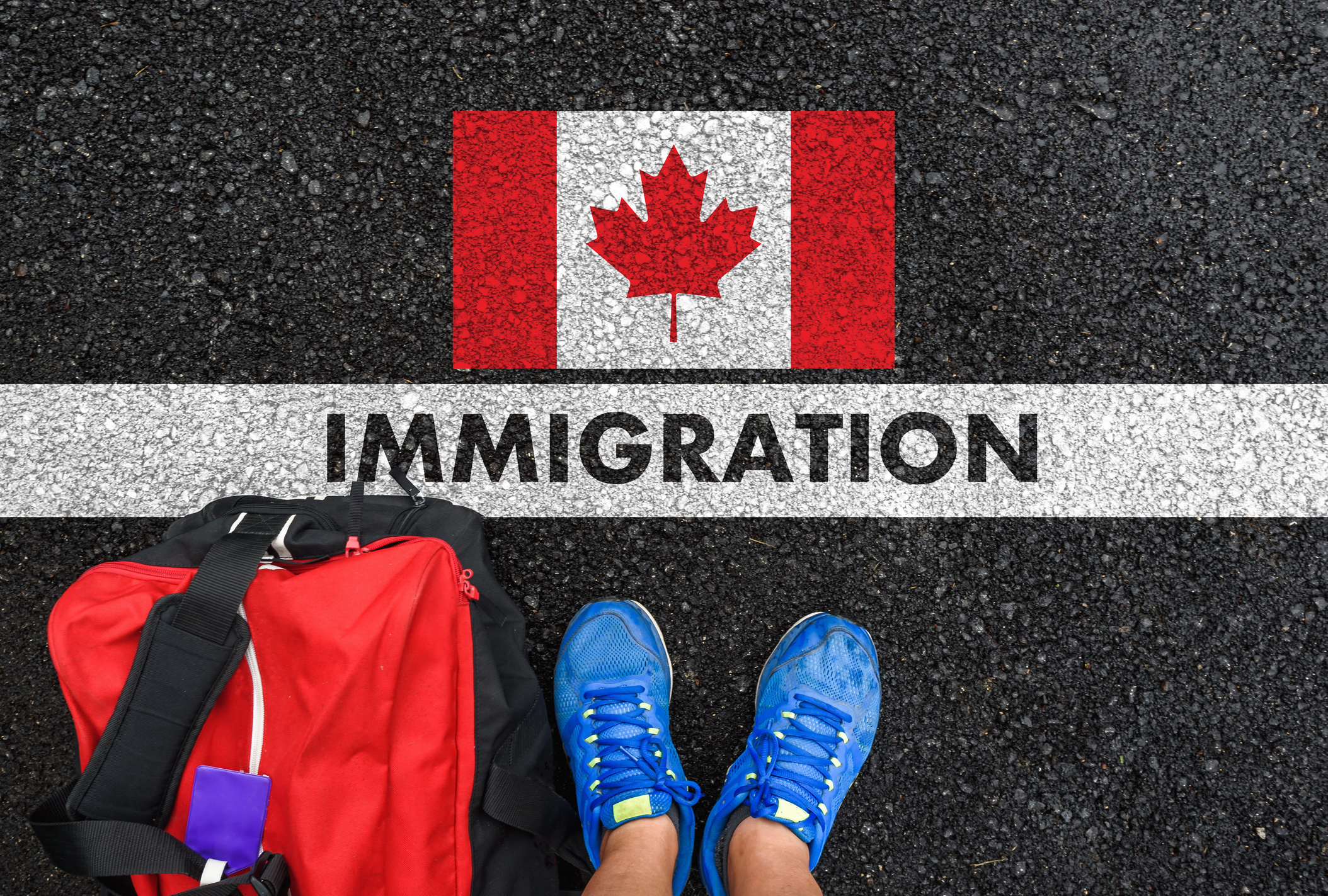Moving To Canada? Here Are 10 Things You Need To Know

Canada is one of the most famous places for foreign students, tourists and immigrants looking for a country with low upkeep costs, decent employment odds and a multi-cultural environment. The country is blessed with wonderful scenery and amazing culture. The living quality is great and the government policies are also in favour of the immigrants. However, moving to a new country can be very tough and confusing, especially when you are doing it on your own.
There is a lot of planning involved and you have to complete much important documentation and papers-related tasks before booking your tickets, and in fact, even packing your bags!
But, there is something even more important that you must do before planning your move to the beautiful country. In the following post, we are going to share some of the most important things that you must know before moving to Canada. We recommend reading them carefully before you set out to make plans.
Also, we recommend consulting some expert and reputed Canada immigration consultants in Kerala that can help you throughout the process and avoid getting involved in any troubles.
Canadian climate is harsh
Before you get enticed by the snow-capped mountains and landscape, you must know about a local joke – Canadian year has 8 months of winters followed by four months of road repairs!
So, if you are not a big fan of winters or rainy days, you should rethink your moving plans. It’s not that the country doesn’t have sunny days or good weather days, it’s just that the major portion of a year is taken by the winters. Apart from winters, you can enjoy diverse seasons like fall, hot summers and a brief spring season as well.
As you might have guessed, the seasons and climate zones vary across the length and breadth of the country. The winter temperatures can drop to as much as -25°C in the winter. Snow stays for 6 months in the non-coastal areas and summer temperatures vary. For example, the East and West coast have an average summer high of about 20°C, while some inland provinces can experience summer temperatures as high as 30°C.
Job opportunities in Canada
Until or unless you have a sustained source of income that can support you for years, you have to take a job to support yourselves. There are a number of job opportunities in various domains that you can choose from. Jobs are also available for university graduates that are looking for jobs while living in the country.
Some of the best-paying employment sectors are:
- Mining
- Gas/oil drilling industry
- Electricity
- IT & Telecom
Employment sectors with average pays:
- Accommodation
- Food sectors
- Arts
- Entertainment
We recommend that you consult some reputed Canada immigration consultants in Kerala that can guide you regarding the best jobs that you can choose as per your expertise.
Living expenses in Canada
While the cost of living in Canada is more than that of the developing countries, it is still lower than many other countries, such as UK, and Germany etc. While you can support yourself on the minimum wages as well, if you have a steady job, you can easily make do there. If you are travelling as an international student, you can also find scholarships that can support your education and also find educational programs that are available for free. The accommodation and property rent etc vary across the cities and also depend on the average salaries there.
The top affordable cities in Canada are:
- Thunder Bay
- Quebec City
- Kitchener-Waterloo
- Kingston
- London
Also, you can choose cities as per your salary and job location etc.
Schooling in Canada
If you are planning to move to Canada with kids, or you are planning to have kids in near future, you must choose a location with proper government schools. You must know that schools are provincial responsibility in Canada. Hence, you might find differences across the provinces.
While Canada is home to some of the most prestigious educational institutions in the world, the availability of educational institutions, medium of instruction, and your location play vital roles in the education of your child.
However, there is no major worry in this department, as schooling is compulsory till the age of 16 years in Canada, except Ontario, where the age is 18 years. Further, Canada has one of the best education providers in the globe.
Language proficiency
Canada has two official languages, namely – French and English. However, you don’t need to be proficient in French, if you don’t wish to, or if you don’t wish to. The Western regions don’t have that French influence as well. Also, there are no completely French-speaking zones, except Quebec and New Brunswick (bilingual).
Health care in Canada
Canada’s healthcare system is impressive and the essential medical services are free of cost. The permanent Canadian citizens can consult a doctor without any fee. The public-funded health care system of Canada is called Medicare, the cost of health care in Canada is shared by the taxpayers. This system is available to Canadian residents only. The Medicare system approval takes three months.
However, you must know that the Medicare system does not cover the following:
- Prescription medicine
- Dental care
- Ambulance services (except in the Yukon Territory)
- Eyecare
- Physiotherapy
- Hearing aids
- Limb prostheses
- Psychologist care
- Chiropractics
Taxes
The income taxes depending on the province you are residing in and there are two types of taxes – provincial and territorial income tax rates. The tax refunds are distributing at the end of a financial year.
Public smoking is prohibited
There are many areas where smoking is prohibited in Canada, such as public transit facilities, workplaces, casinos, indoor public places, restaurants, bars, hospitals, stores and other places of employment.
Smoking is allowed outdoors, in your homes and in your own vehicles only.
Driving licenses
If you already have a driver’s licence from your country, and you wish to use it, you have to get an International Driving Permit (IDP) from your home nation. This permit will be available in English and French. However, you will have to take some tests and complete some extra paperwork before you start driving.
The licenses also come under the provincial authority and the rules for them vary across the provinces when it comes to international licenses.
Visa
You must plan the visa process so that your tickets don’t go to waste as the visa process might take a long time, and span over a few weeks. You can find the official guidelines and process regulations online on the official websites of the country.
Finally, there are many medical procedures that you must complete before moving to Canada and you might also require completing some vaccination etc. We hope that all our readers find the information shared here beneficial and that they can now plan their moving in a better manner. For more expert tips and guidance, you can reach out to us in the comments section, and we will surely respond.



